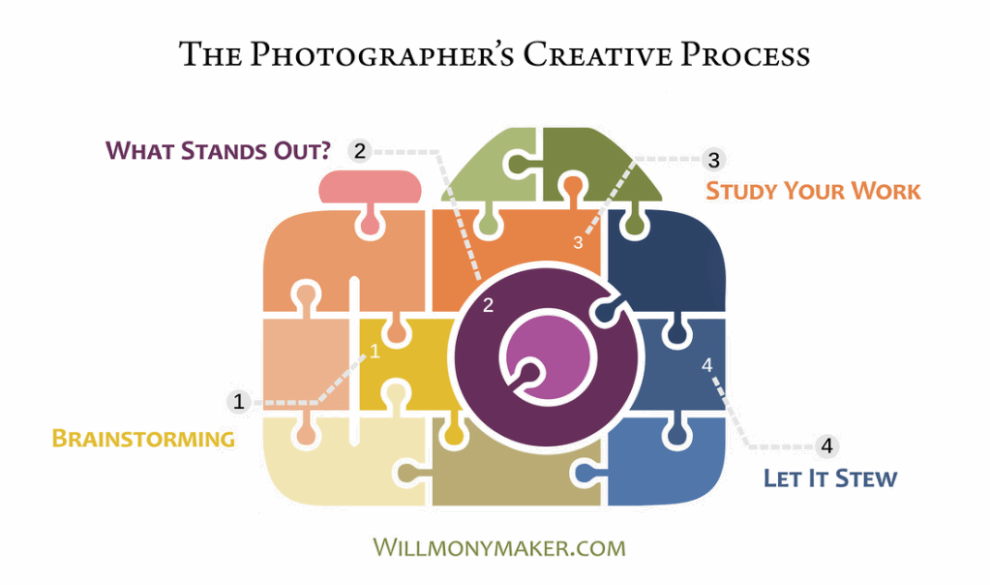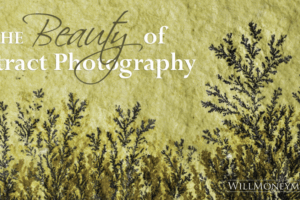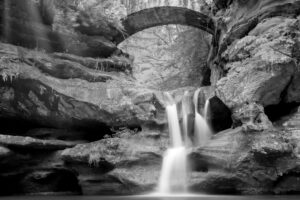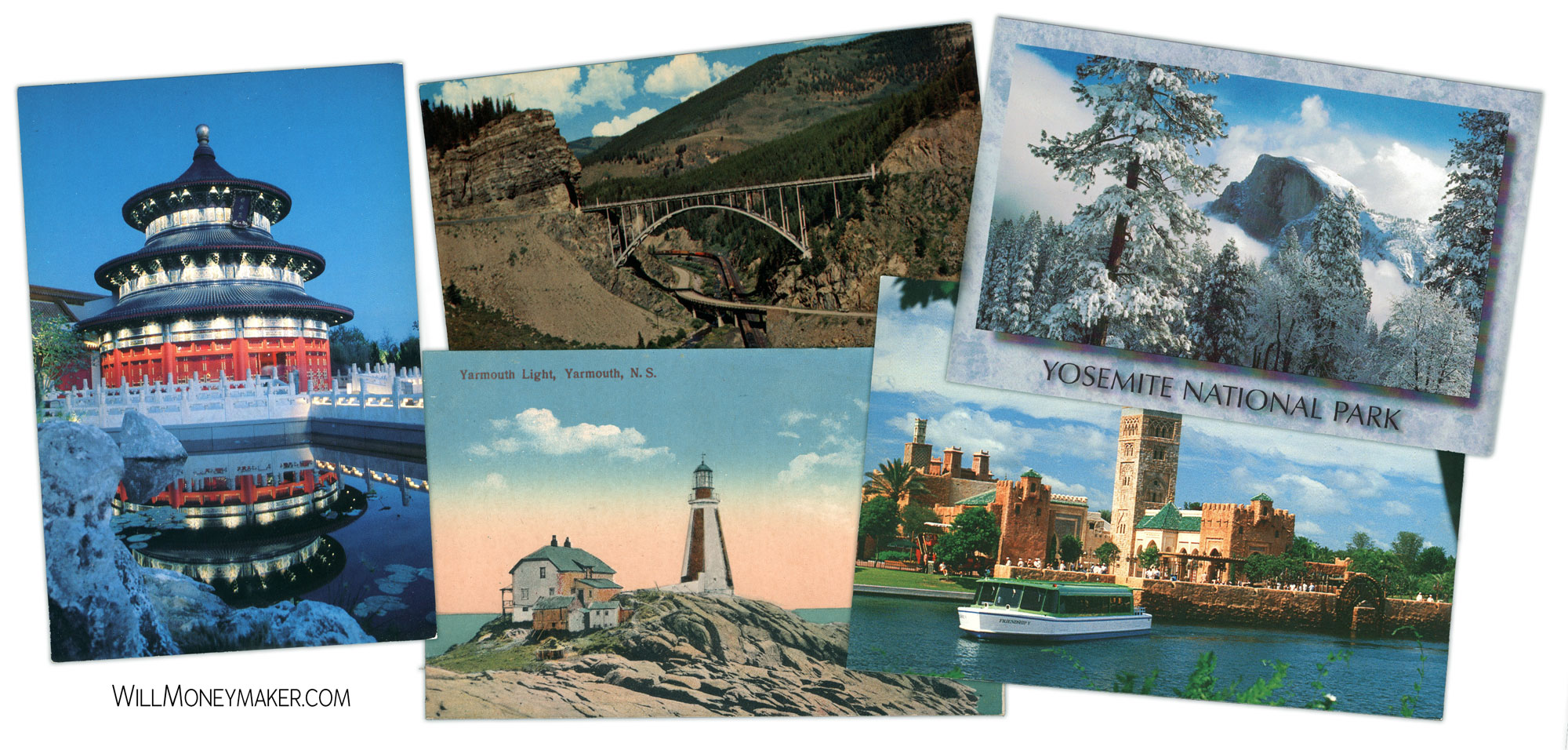For many photographers, the hardest part of a photographic project is settling on an idea. Fine art photography isn't so much about snapping as many photos as you can in the hope that you get the perfect shot. Instead, a good project takes lots of time, thought and research. Those three things are all part of the “creative process.” Want to learn more? I'll show you my basic creative process so that you can learn how to turn those half-formed ideas into works of art.
It Starts with Brainstorming
During the brainstorming process, put every idea on the table no matter how silly it might seem to you. Write down lists of everything that you can think to photograph. Travel around to various interesting locations and take a few test shots. Build a collection of assets that you can reference as you’re choosing a topic and refining your idea later on.
What Stands Out?
At a certain point, you'll have a long list of half-formed ideas and the test shots to prove it. Is there one idea that stands out from all the rest? If so, focus on that idea and learn everything you can about it.
For instance, if your idea is based on a historical building, then spend time – hours or days – visiting that building and learning everything you can about it. Visit the library or research online to learn about the building's history. By getting to know your subject intimately, you'll know exactly how to turn that subject into a fantastic portfolio of images.
As you're learning about your subject, also take the time to get to know it in a photographic sense. Are there certain types of lighting or different focal lengths that work best with your subject? Experiment with photographic techniques to see which best suit your subject.
Study Your Work
At this point, with all of your learning and all of your experimental shots, you may already have a wonderful set of images based on your subject. However, if you're still looking for that perfect image, then now is the time to study all the shots that you've made. You may even want to edit a few of them, just to see how post-processing changes the overall look of your subject. Use this time to look for things that stand out to you. For each image, ask yourself what you like and what you don’t like.
Let It Stew
Once you've finished your self-critique, take everything – your test images, your critiques, your knowledge about the subject – and shelve it. When speaking of this process, creative people say that they're letting the idea “stew” or “simmer.” While it seems counter-intuitive, you’re actually giving your subconscious mind the chance to work on the idea as you go about day-to-day life. You'll find that by not fixating on your project, that stroke of brilliance will come when you least expect it – perhaps while you're taking a shower or while you're making dinner in the evening.
When that moment of genius hits, start photographing! With all the time, thought and effort you've put into the project – and the inspiration you gained by allowing the idea to rest – you'll be able to create an amazing and unique collection of images.





